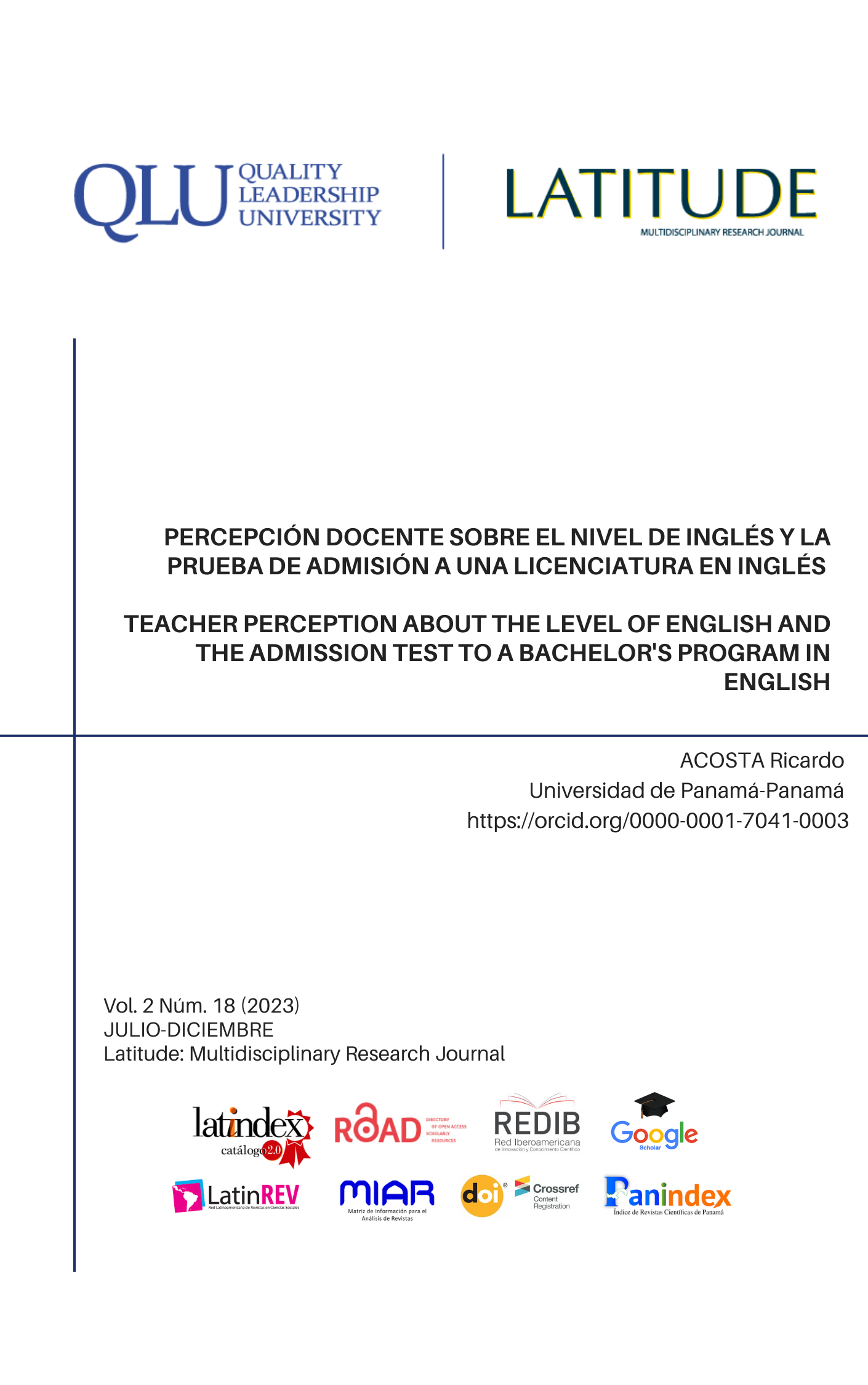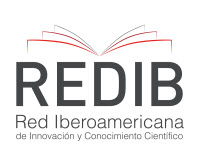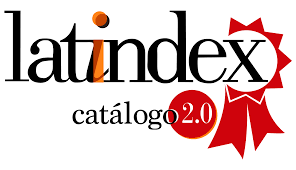

This work is licensed under a Creative Commons Attribution-NonCommercial-ShareAlike 4.0 International License.
Esta obra está bajo licencia internacional https://creativecommons.org/licenses/by-nc-sa/4.0/deed.es
La revista (y sus contenidos) emplean las licencias Creative Commons, específicamente la del tipo CC BY NC SA 4.0, la cual establece que “el beneficiario de la licencia tiene el derecho de copiar, distribuir, exhibir y representar la obra y hacer obras derivadas siempre y cuando reconozca y cite la obra de la forma especificada por el autor o el licenciante”. La licencia del tipo CC BY NC SA 4.0 contempla tres categorías,
- Atribución.
- No Comercialización de la obra.
- Compartir igual
Los lectores son libres de:
- Compartir — copiar y redistribuir el material en cualquier medio o formato
- Adaptar — remezclar, transformar y construir a partir del materialLa licenciante no puede revocar estas libertades en tanto usted siga los términos de la licencia
- Siempre y cuando se respeten y contemplen la atribución de autoría y la no comercialización del material.
Abstract
Given the high demand of people who wish to pursue university studies with emphasis in English, and the fact that the University of Panama is one of the main centers of higher education where professionals with expertise in linguistics and literature of the English language are trained, it is necessary to constantly review issues that impact the quality of the programs offered. Around these issues, questions arise about how the professors of the first-year English subjects in the Bachelor of Arts program with a major in English at the main campus of the University of Panama perceive the level of English with which students enter the degree program, whether this level is adequate to successfully complete the courses that make up the current curriculum of such program, and whether there are ways to improve the English proficiency test for admission so that only those who have the level of English that fits the current curriculum enter the program. To help answer these questions, a descriptive research study was conducted using an electronic survey composed of fourteen closed-ended questions (with specific multiple-choice answers) and a final open-ended question that invited respondents to freely express their comments and observations on whether there is anything that needs to be done regarding the curriculum and/or the level of English language proficiency of students entering the Bachelor of Arts degree program with a major in English. The results of the survey confirmed that the teachers surveyed consider that the English level of those entering the degree program in 2022 should have been closer to the intermediate level of English for which the program was designed, and that changes should be made in the admission test for the program.
References
Acosta, R. (2021). Habilidades Lingüísticas Integradas en el Idioma Inglés. Editorial Portobelo.
Consejo de Europa (2020), Marco común europeo de referencia para las lenguas: aprendizaje,
enseñanza, evaluación. Volumen complementario. Servicio de publicaciones del Consejo
de Europa: Estrasburgo. www.coe.int/lang-cefr.
Harmer, J. (2015). The Practice of English Language Teaching. Pearson.
















